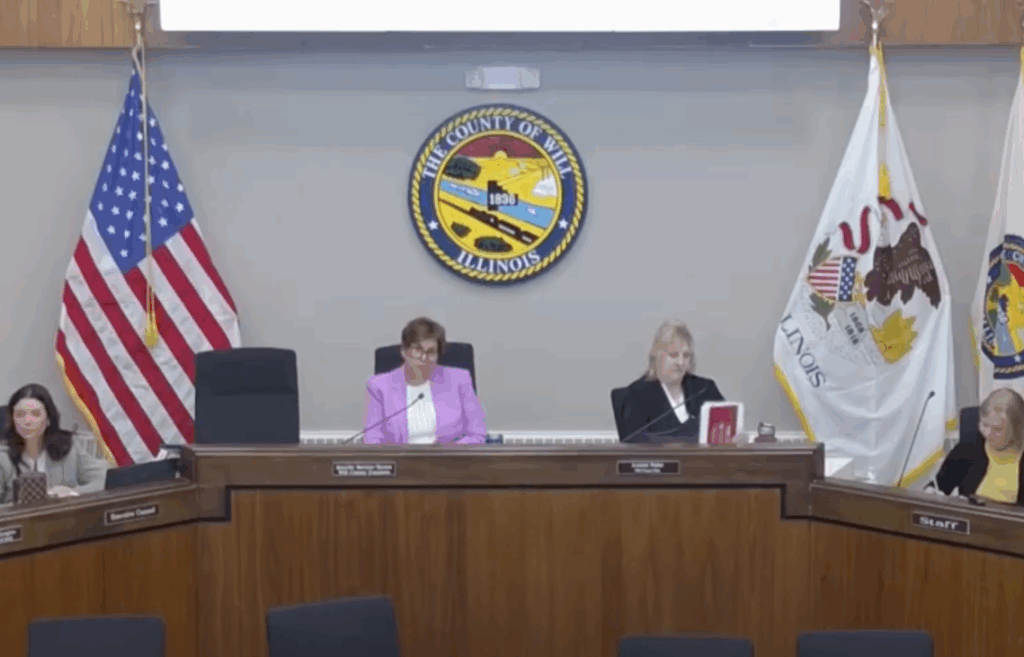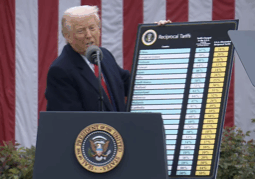
Major U.S. retailer reverses course on tariffs, says prices will go up
A major U.S. retailer that previously said tariffs wouldn’t increase prices reversed course on Tuesday, with officials saying they expect “modest” price increases for some products.
The home-improvement retailer with more than 2,300 stores across North America said prices will increase in some categories due to significantly higher tariffs than it expected in May.
“Obviously tariff rates are significantly higher today than they were when we spoke in May. So as you’d expect there’ll be some modest price movement in some categories but it won’t be broad based,” said Billy Bastek, executive vice president of merchandising at Home Depot.
He added that the store is working to keep project pricing down as homeowners have deferred larger projects, but continue to do small ones.
“Our customers tend to shop for the entire project and you think about a small flooring project: Tile, the grout, bathtub and vanity and a bath project. And so we’re laser focused on protecting the cost of the entire project. And so listen, our goal is to maintain the best value for our customers.”
Bastek said about half of Home Depot products are made in the U.S. and not subject to tariffs.
Home Depot boss Ted Decker said lower federal interest rates would likely help.
“The consumers, both pro and consumer, engaged broadly across the business, granted in smaller projects. We still haven’t seen the recovery in much larger discretionary projects,” Decker said during the company’s second-quarter earnings call on Tuesday.
Last month, the Federal Reserve’s latest anecdotal “beige book” survey found that businesses across the country reported passing the cost of tariffs on to U.S. consumers, something President Donald Trump warned them not to do.
“Many firms passed on at least a portion of cost increases to consumers through price hikes or surcharges, although some held off raising prices because of customers’ growing price sensitivity, resulting in compressed profit margins,” according to the Fed report.
Those higher prices could become more visible later this year, according to the Fed report.
Trump has told businesses that he doesn’t want them to raise prices. He wants businesses to absorb the loss without passing on the higher prices to consumers.
Shortly after Walmart said it would have to raise prices throughout its stores in May, Trump told the world’s largest retailer to “eat it.”
Economists, businesses and some publicly traded companies have warned that tariffs could raise prices on a wide range of consumer products.
Trump has said he wants to use tariffs to restore manufacturing jobs lost to lower-wage countries in decades past, shift the tax burden away from U.S. families, and pay down the national debt.
A tariff is a tax on imported goods paid by the person or company that imports the goods. The importer can absorb the cost of the tariffs or try to pass the cost on to consumers through higher prices.
Latest News Stories

Meeting Summary and Briefs: Will County Board for October 16, 2025

Meeting Summary and Briefs: Mokena School District 159 Board of Education for October 15, 2025
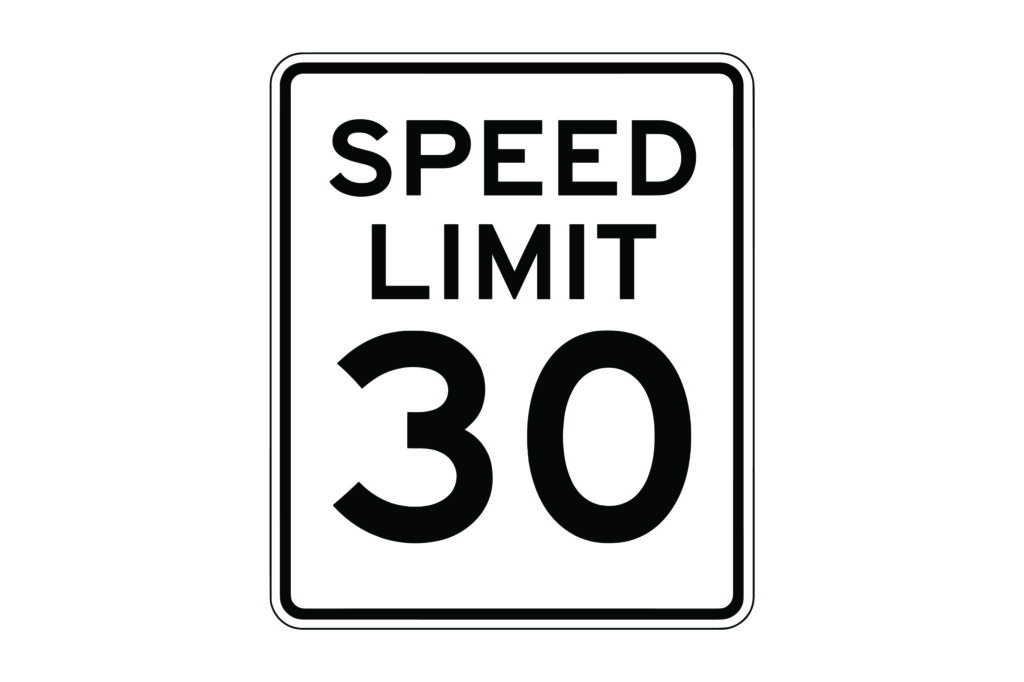
Will County Board Approves New 30 MPH Speed Limit for Frankfort Township Road

Meeting Summary and Briefs: Frankfort Township Board for September 8, 2025
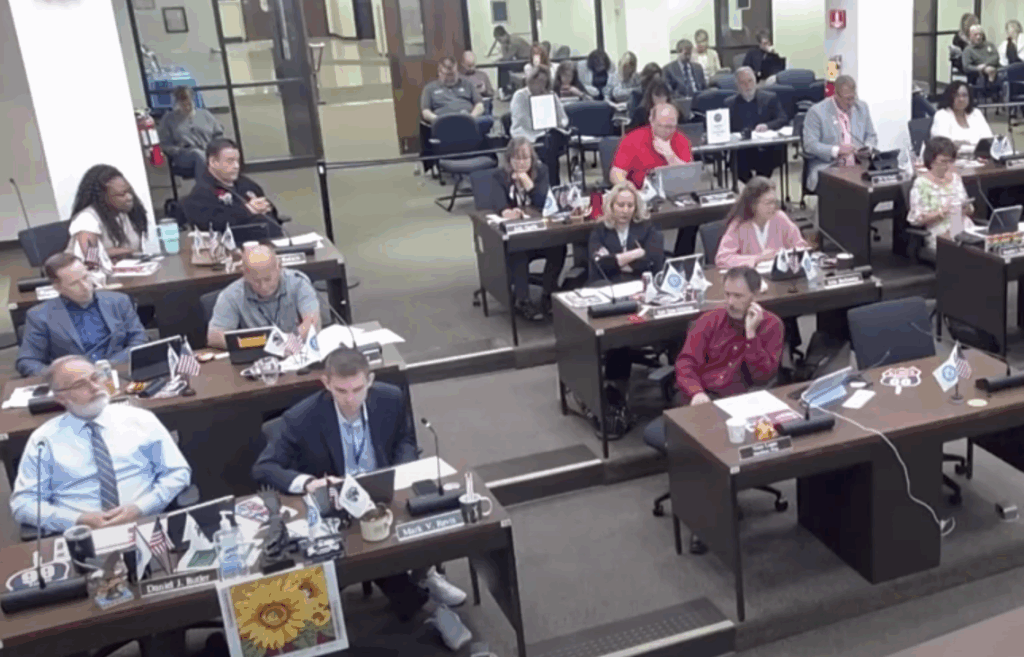
Regional Office of Education Highlights School Safety, New Learning Programs in Update
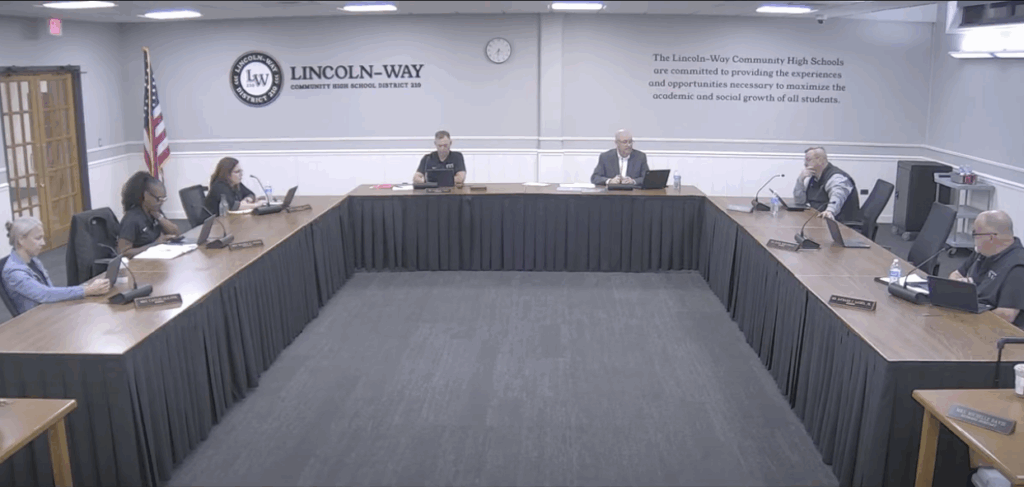
Lincoln-Way to Purchase New Buses, Add Smaller Vehicles to Address Driver Shortage
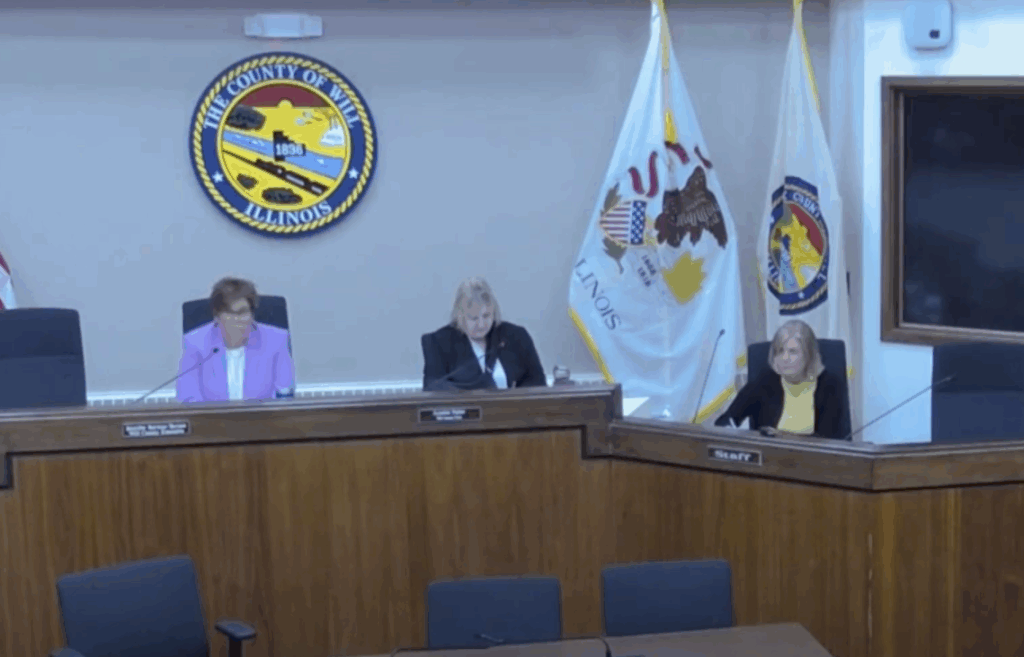
Will County Awards $10.4 Million Contract for Bell Road Widening Project
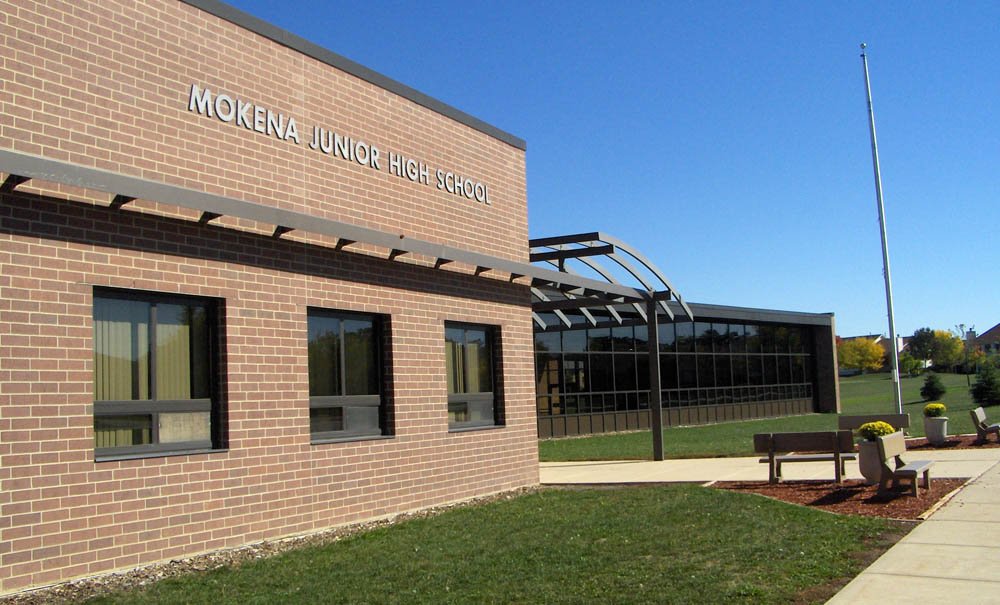
Mokena 159 Board Adopts New Policies on AI, Student Support Despite Dissent

Green Garden’s Wildflower Farm Granted Second Extension for Rural Events Permit

Will County Board Compromises on Mental Health Levy, Approves $10 Million After Debate

Lincoln-Way Board Honors Students with Perfect ACT Scores, Music Educator of the Year

Frankfort Township Board Denies Permit for New Bar on St. Francis Road


